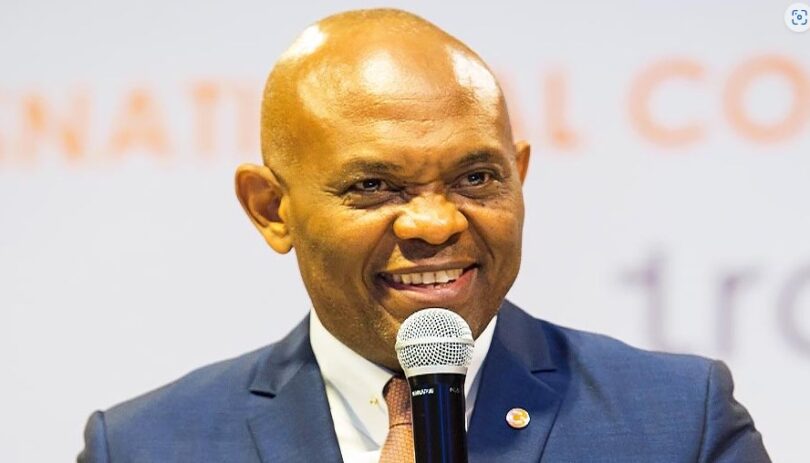The Nigerian banking sector is facing significant challenges that could impede its growth and innovation.
Tony Elumelu, Chairman of UBA Group, has said that high regulatory and compliance costs are placing undue pressure on banks, potentially stifling the sector’s ability to contribute to Nigeria’s economic growth, indicating that the Nigerian banking sector is facing significant challenges that could impede its growth and innovation.
Elumelu said this during his keynote speech at the CIBN 17th Annual Banking & Finance Conference on Tuesday.
He noted that despite the sector’s critical role in Nigeria’s economy, employing millions and supporting countless businesses, regulatory challenges remain a significant concern.
He urged stakeholders, including government agencies, regulatory bodies, and banking institutions, to engage in meaningful dialogue to create a more collaborative environment.
Elumelu said: “The sector employs millions, provides crucial financial support to countless businesses, and generates income for millions of shareholders. However, the sector faces challenges that impede its growth and innovation, including regulatory and high compliance costs.”
Elumelu tackled several pressing issues beyond the challenges facing the banking sector.
He highlighted the critical need for Nigeria to address its infrastructure and energy deficiencies, stressing that reliable access to electricity is fundamental for economic growth. Without it, industrialization and education remain severely hindered, preventing the country from unlocking its full potential.
Elumelu also discussed the national security crisis, calling for decisive action to ensure safety for citizens and attract investment. He argued that a secure environment is essential for economic prosperity, as it allows businesses and agriculture to flourish without fear.
Also, the empowerment of youth entrepreneurs was a focal point. Elumelu emphasized the importance of creating an enabling environment for young Nigerians to start businesses, thus driving economic growth. He called on the government and private sector to invest in youth initiatives, ensuring that opportunities are created locally to stem the tide of migration.
Elumelu concluded by stating the impact of his business and philanthropic efforts through Heirs Holdings, UBA Group, and the Tony Elumelu Foundation. These entities are making significant contributions to power, energy sufficiency, job creation, and youth entrepreneurship across Africa, embodying his vision of Africapitalism, which is economic development driven by the private sector for social good.
TheWitness earlier reported that the Central Bank of Nigeria (CBN), alongside law enforcement agencies, would closely monitor the Nigerian banking sector’s recapitalization efforts to prevent the influx of illicit financing into the sector.
In a circular, the CBN made clear its intention to apply its robust anti-money laundering regulations vigorously. With the collaboration of relevant law enforcement agencies, the bank aims to ensure that the capital raised during the recapitalisation process is free from the taint of illegality.
Banks are required to conduct comprehensive anti-money laundering screening checks.
This includes Know Your Customer (KYC), Customer Due Diligence, and monitoring suspicious transactions to prevent the use of illicit funds in the recapitalisation exercise.
Also, the Economic and Financial Crimes Commission (EFCC) is poised to take legal action against top executives in Nigeria’s banking sector over allegations of financial crimes, including money laundering and fraudulent practices.







